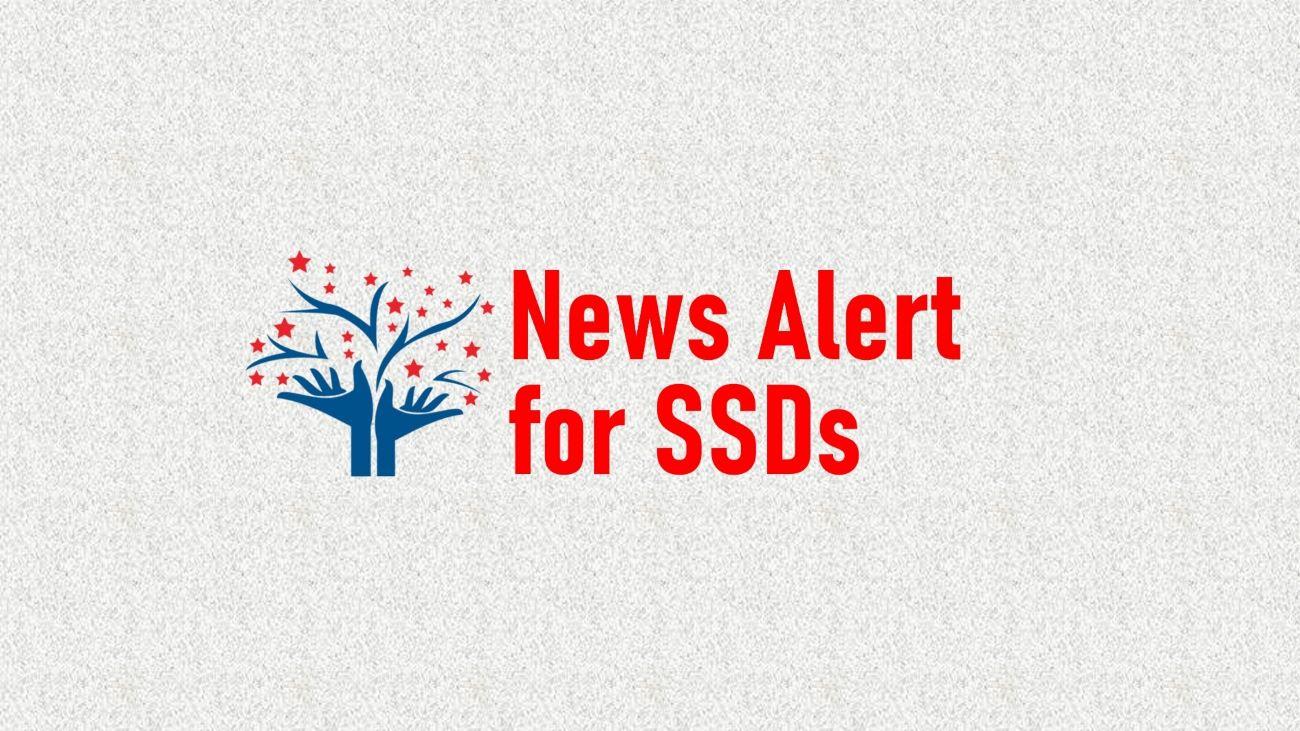
Final Judgment Issued on the Epple Bill
Skilled nursing facilities must take the following steps to comply.
- Nursing homes now must provide verbal and written notice to residents, including new admissions, when the following occurs:
- A resident has been determined by their physician that they lack capacity to make medical decisions;
- There is an understanding that the resident does not have a surrogate decision maker;
- There is a current physician ordered treatment plan and it is approved by the interdisciplinary team (IDT); and
- Their treatment plan will continue without interruption.
- The written notice also needs to inform the resident that they have the right to a representative, they can seek judicial review of the determinations made by their physician, and that the intervention being provided by the facility was approved by the IDT.
- A copy of the written notice must also be sent to the resident’s representative if there is one. If there is no representative a copy of the written notice must be sent to the local ombudsman’s office of the county or counties that serve the resident’s long term care facility.
- Once the proposed treatment plan is approved by the IDT, the facility needs to provide written notice to the resident as to the approved intervention, while also holding off on the implementation and intervention, for a reasonable period of time to allow the resident to seek judicial review.
- For any new interventions requiring informed consent for residents covered by Epple, the same approved process that was outlined prior, will need to be followed for new interventions.
- Finally, although these written notices need to state that residents have the right to a resident representative, the California Association of Healthcare Facilities (CAHF) legal team secured an 18 month delay of this requirement, from the date of judgment.
Also note: Permissible interventions include: the administration of anti-psychotic medications (when permitted under state and federal law), the creation of and any changes made to POLSTs, the issuance of DNR and comfort care orders, and the election of hospice.
References:
- CAHF – Final judgment issued on Epple Bill. The following summary is from CAHF’s legal counsel, Mark Reagan.
- Provider Long Term & Post-Acute Care – California Court Maintains Law Permitting SNFs to Service Individuals Who are Incapacitated
PsychoSocial Consultants will be providing a basic policy and procedure, including forms, to fulfill these Epple requirements. To receive a free copy, fill in the contact form below.




